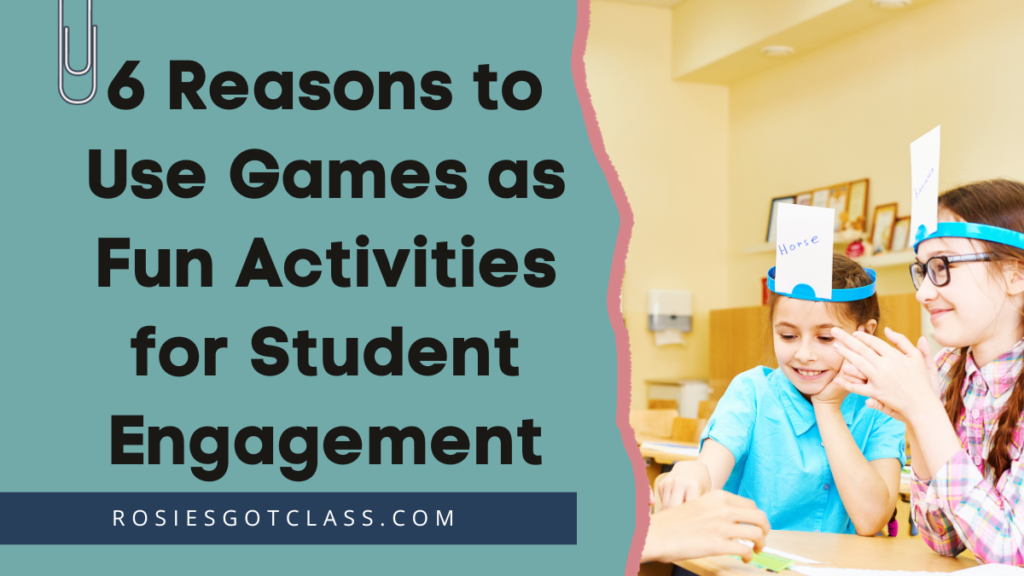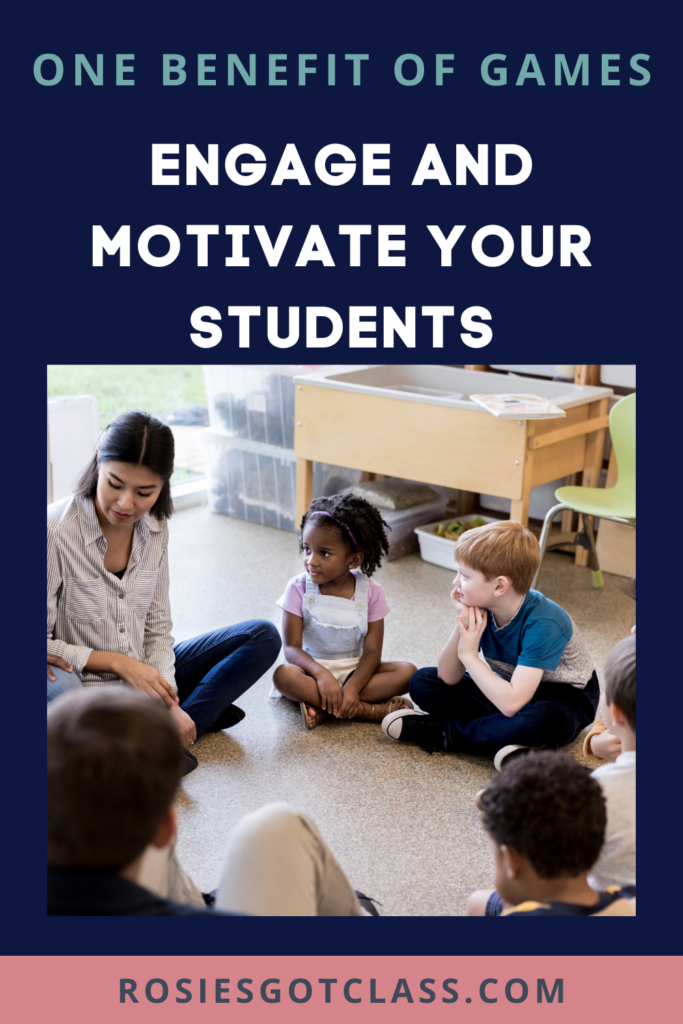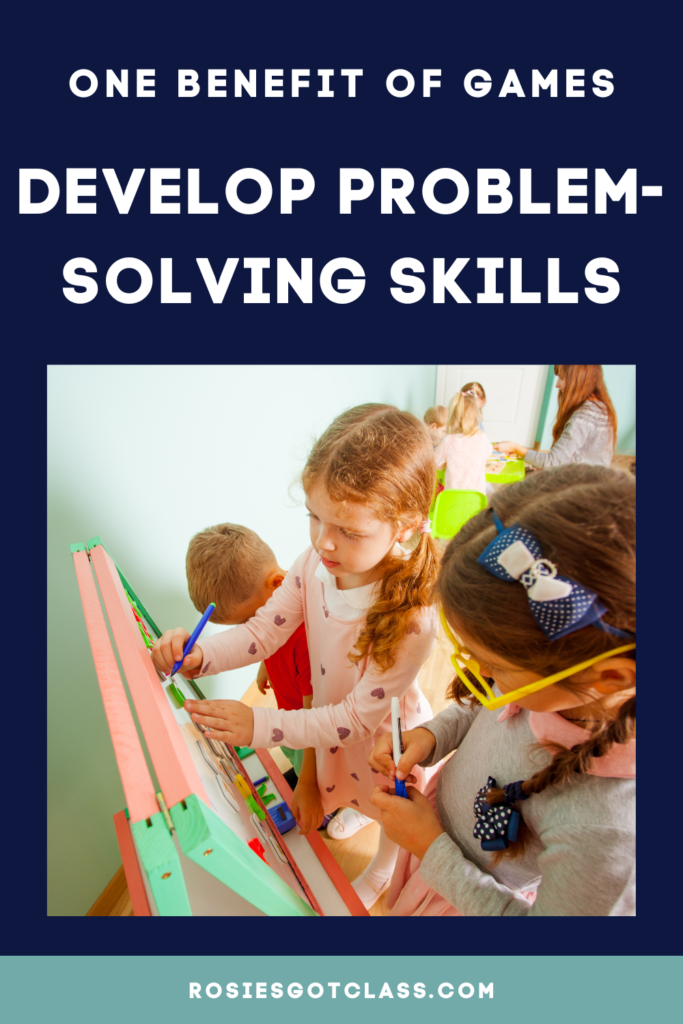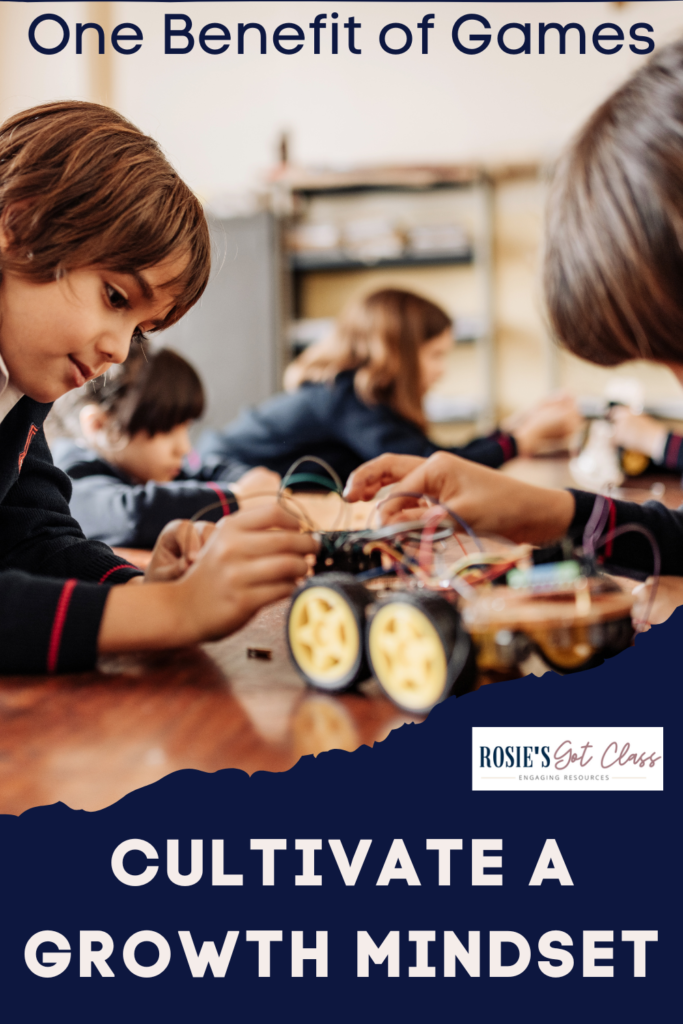
Are you looking for some activities for student engagement? Have you tried using games in your classroom? Games might be one of the activities for student engagement that you can use today. They are fun and offer different ways to meet the needs of all your students. If you are already using a few, then you may want to try to add more games. They can be used during morning meetings, reading, math, science, social studies, and any other time of the day. Depending on the needs of your students, you can also use them during whole group instruction or during small group instruction. Games are a win for both teachers and students.
I have been using games in my classroom for a number of years, and I have seen the benefits for my students and for me. When you turn something into a game, it develops excitement for everyone. The amazing thing is that you are still working on the same concepts, but there is much more student buy-in with a game. If you would need a quick and easy game, you will want this FREE sample of Pet Bingo. It helps your students practice their +2 addition facts within 20. Simply print them and use them in a math small group and then be ready for excited and engaged students. Put your name and email in the boxes, and I will send it to you right away!
Why Use Games In Your Classroom
As students are learning in the early years, games are a powerful way to build curiosity and foster a love of learning. There are also many educational benefits. Children don’t realize that they are learning and practicing skills because it is a game. This is a win for everyone! Here are six benefits for your students.
Benefits for Your Students

1. Engage and Motivate Your Students
Young children love to play. Games are another form of play for children. By using educational games, it keeps them actively participating in the learning process. They help them to be motivated to explore new concepts and ideas. Some children may be reluctant to try something new but may readily participate in a game.

2. Reinforce Key Concepts
Students can play games that are designed to practice specific math skills, reading comprehension, or critical thinking. By using games, students can reinforce what they’ve learned in a memorable way. Practice and repetition are more fun as students use games to solidify concepts.

3. Develop Problem-Solving Skills
Challenges or puzzles can be included in games that require students to think critically and solve problems. Students develop valuable problem-solving skills that can be used in real-life situations. These skills are critical for academic success.

4. Practice Collaboration and Social Skills
Games are usually designed for group play. Students learn to work together, communicate, and develop social skills. They learn to share, take turns, and resolve conflicts. They also foster collaboration and socialization.

5. Boost Confidence
Games help students practice skills they have learned which develops their confidence. They gain a sense of accomplishment with fun practice because this kind of practice helps children progress. Everyone loves to feel successful, and games help boost confidence.

6. Cultivate a Growth Mindset
Games require perseverance and resilience because students may need to try multiple times to be successful. This can foster a growth mindset where children learn to embrace challenges and view failures as opportunities for learning and improvement. In my classroom, we say “Practice makes progress” instead of “Practice makes perfect.”
Benefits for Teachers
Teachers also benefit from using games in their classroom. I love using them because my students get so excited to play a game. You can definitely use games as activities for student engagement.
1. Use for Differentiated Instruction
Games can be designed to meet the diverse needs of students. You can choose games that support each student’s skills and allow for differentiated instruction. Students have the chance to learn and progress at their own pace. I also like to use games during my math centers, and you can read more about them here.
2. Use for Assessment and Progress Monitoring
Games can be used as formative assessment tools. You can observe students’ performance during games to determine understanding and then identify areas that may need additional instruction. This feedback allows for more effective teaching and intervention strategies.
Using games in the classroom is a win-win strategy for both teachers and students. Games make learning enjoyable and memorable as they support the development of academic and life skills. By engaging your students with games, teachers help students practice the skills they need to succeed in school and beyond. So, let the games begin in your classroom today!
You may want to read more about games here:
How to Use Gameplay to Enhance Classroom


